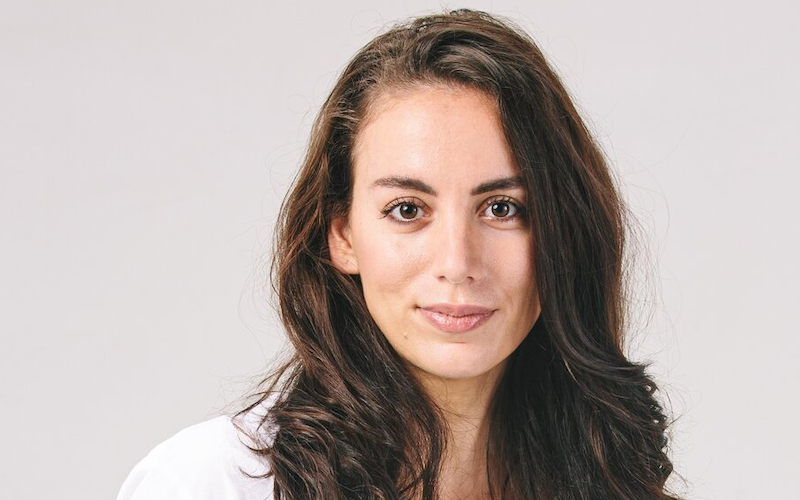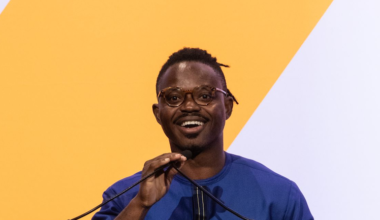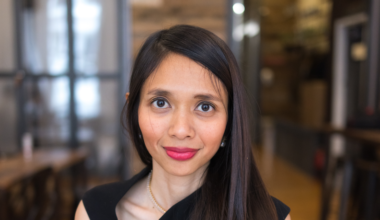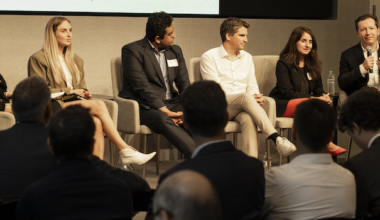After her sudden departure from OpenAI last fall, Murati stepped out of the spotlight to focus on a new venture. Today, she revealed the details of her latest project.
Thinking Machines Lab, Murati’s new AI startup, aims to build systems that are “more widely understood, customizable, and generally capable.”
The company’s goal, according to a press release, is to create tools that help humans work alongside AI, rather than developing fully autonomous systems.
“We’re building a future where everyone has access to the knowledge and tools to make AI work for their unique needs and goals,” the company said in the press release. “It’s about empowering people to collaborate with technology.”
Murati recruited OpenAI co-founder John Schulman as head of research, along with Barrett Zoph, another former OpenAI leader, who now serves as CTO. She also poached Jonathan Lachman, former head of OpenAI’s special projects division.
These key hires are part of the 30-person team Murati has assembled from top AI labs, including OpenAI, Meta, and Mistral.
Murati was one of the four original co-founders of OpenAI, alongside Sam Altman, Ilya Sutskever, and Greg Brockman. She remained loyal to Altman during his controversial firing last year.
Despite being named interim CEO of OpenAI, she joined a letter signed by 95% of the company’s staff demanding his reinstatement. The group also threatened to leave for Microsoft if Altman was not brought back.
A graduate of Dartmouth College with a degree in Mechanical Engineering, Murati was drawn to AI after seeing its potential to revolutionize industries. Prior to OpenAI, she worked at Tesla, where she oversaw the Model X, and as VP of product at Leap Motion, a virtual reality company.
Murati’s approach to her work has always been shaped by a lifelong pursuit of knowledge. Raised in Albania during a period of political transition, she reflected on how her early experiences influenced her career.
“When I was a kid, I gravitated towards math. I would spend hours doing problem sets,” Murati said in the podcast. “Growing up in Albania, during the shift from communism to capitalism, education was everything.”
Murati’s early years were marked by isolation, which she sees as a driving force in her intellectual curiosity. “In a place where everything was uncertain, I gravitated toward science and truth,” she explained. “Boredom was a motivator to explore the frontiers of everything.”
Murati earned a scholarship to study in Vancouver at the age of 16. Later, she pursued her interest in sustainable transportation by studying mechanical engineering, which led to roles in companies like Tesla.
“I didn’t necessarily want to become a ‘car person,’” Murati said. “But I was always interested in how AI could change the way we interact with machines.”








